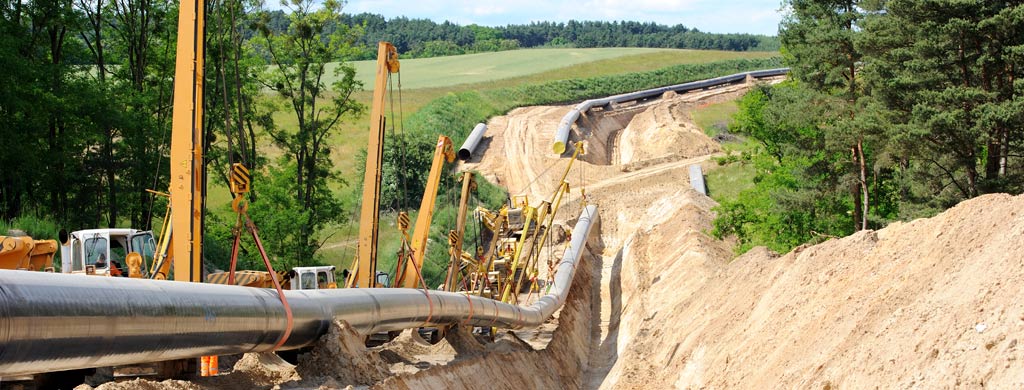Gas infrastructure remains the central element for cost-effective decarbonization
Kassel. Extensive sector coupling is expensive – that’s the result of a new enervis study that was presented on Tuesday in Berlin. The study analyzes various paths toward sector coupling of electricity and heat by 2050 and makes statements on the costs for these paths and the impact on supply security. The focus is on the electricity and heating market, and an observation of the effects of phasing out coal, full electrification and the use of power-to-gas (P2G) until 2030 and 2050.
The study reaches the following conclusions:
- Efficient and effective decarbonization of the electricity and heat sectors is not possible without a faster phasing out of coal. The phasing out of coal and an accompanying switch from coal to gas in power generation are therefore a priority in terms of energy efficiency and policy.
- Natural gas will remain the most cost-efficient CO2 avoidance option for heating until at least 2040, and also a cost-efficient low-CO2 energy source for backup power plants until 2050.
- To meet climate protection goals cost-efficiently, preliminary determinations must be avoided and technology neutrality ensured. The gas infrastructure thus represents an important flexibility option to flank renewable energies. A decarbonized world with power-to-gas can be cheaper economically than a world without gas.
Scenarios to decarbonize the heating market through full or partial electrification were analyzed – with and without P2G. The results clearly show that extensive sector coupling is expensive. Sector coupling via “full electrification” and “Electrification with P2G” are at a similar cost level, with slight advantages for sector coupling with P2G. In addition, the use of P2G can reduce the power required by the system by up to 53 GW compared with a scenario with full electrification of the heating market.
As Julius Ecke, enervis, explains: “Our models show the huge costs for decarbonization of the heating market. These costs must not continue to be excluded from the current energy transition discussion. This applies in particular when the discussion is about “full green electrification”, which would incur average additional costs of around €30 billion a year. To cut these economic costs we need competition between technologies and no preliminary determination in favor of individual options.”
GASCADE Managing Director Christoph von dem Bussche underscored that long-term electricity storage was indispensable in the case of complete decarbonization of the energy market. “Economically viable alternatives to Power2Gas cannot be discerned,” according to von dem Bussche. “We want to accompany the energy transition in a useful way and at the same time guarantee supply security. That’s why it’s necessary to support the development of large-scale P2G plants.”
The “Klimaschutz durch Sektorenkopplung: Optionen, Szenarien, Kosten” (Climate protection through sector coupling: options, scenarios, costs) study can be found under www.enervis.de
The study was commissioned by DEA, EWE, Gascade, Open Grid Europe, Shell, Statoil, Thüga and VNG.

